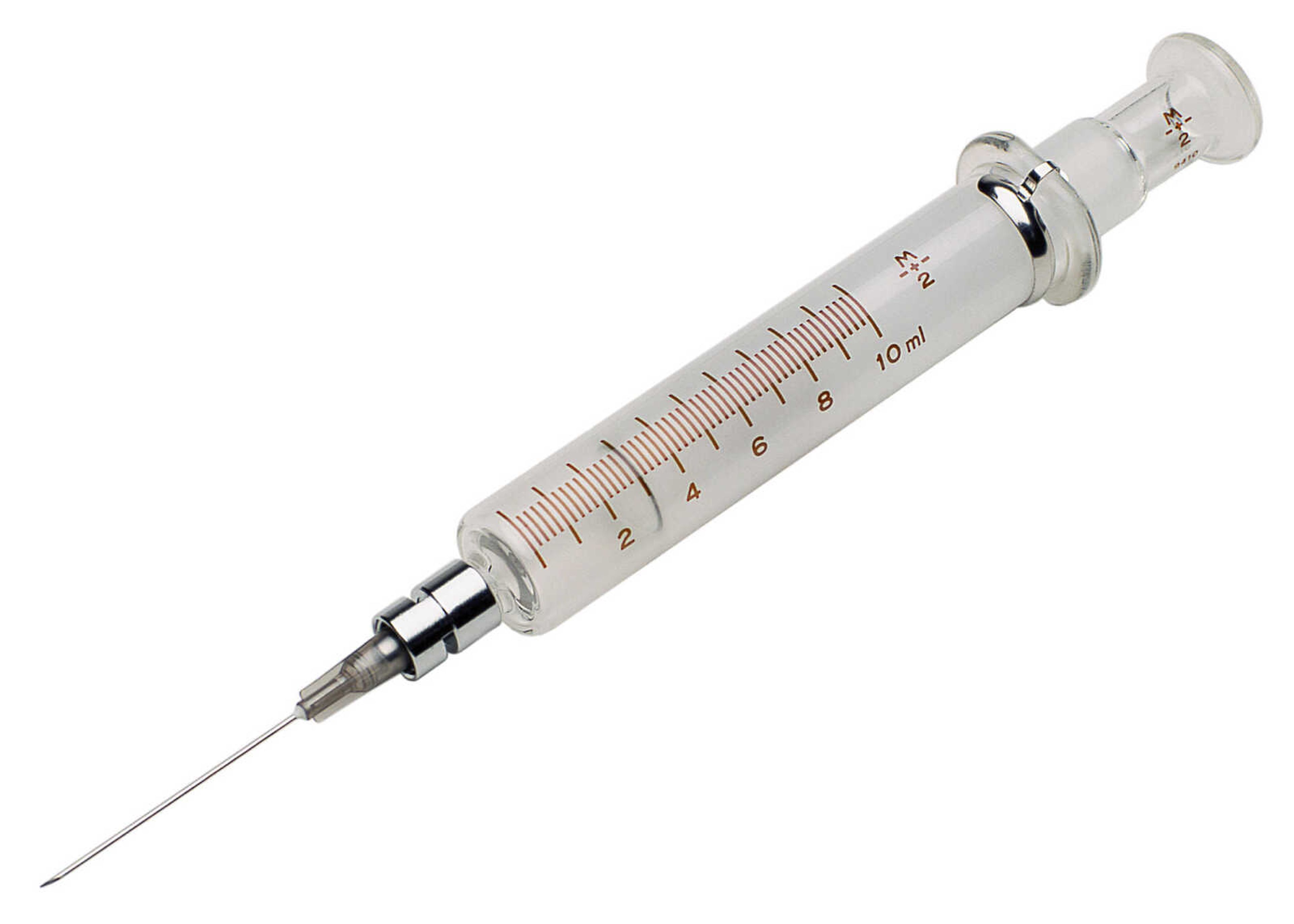Concerns raised over pending Missouri executions
ST. LOUIS (AP) -- The Missouri Supreme Court's decision to move ahead with two executions was questioned Thursday by some death penalty observers and opponents, in part over concern about Missouri's proposed use of a drug that remains unproven in lethal injections and which gained infamy in the 2009 death of pop star Michael Jackson...
ST. LOUIS -- The Missouri Supreme Court's decision to move ahead with two executions was questioned Thursday by some death penalty observers and opponents, in part over concern about Missouri's proposed use of a drug that remains unproven in lethal injections and which gained infamy in the 2009 death of pop star Michael Jackson.
The state High Court on Wednesday set execution dates of Oct. 23 for Allen Nicklasson and Nov. 20 for Joseph Franklin. Both men are convicted killers.
Missouri plans to become the first-ever state to use the anesthetic propofol.
Richard Dieter, executive director of the Death Penalty Information Center in Washington, said there is particular concern about propofol because Missouri no longer requires a physician to be part of an execution team. Propofol is typically administered by a physician or nurse anesthetist under the physician's direct supervision. If improperly administered, the inmate could suffer, experts say.
"This is an experiment with a human subject," Dieter said Thursday. "This will be sort of a brute force approach where you give them enough and they die."
Jeff Stack, a legislative consultant with Missourians for Alternatives to the Death Penalty, said the decision to move ahead with executions "is a shocking wake-up call to remind people in our state that we are part of this barbaric tradition.
"Whether we do it by lethal injection or behead them or use poison gas, it's all murder," Stack said.
Missouri Attorney General Chris Koster on Wednesday said in a statement that by setting execution dates, the state High Court "has taken an important step to see that justice is finally done for the victims and their families." On Thursday, his office said he was not available for an interview.
Last year Koster asked the court to set execution dates for 19 death row inmates, including Russell Bucklew. Bucklew, a former electrician who grew up in Lincoln County, was sentenced in 1997 for crimes he committed in Cape Girardeau County. Bucklew was convicted of shooting Michael Sanders to death and then beating and abducting a woman who was Bucklew's ex-girlfriend. Bucklew raped the woman and took her with him as he drove toward St. Louis. Bucklew was apprehended after a gunfight with police officers. Bucklew escaped from the Cape Girardeau County Jail before his trial but was later captured.
An execution date hasn't yet been set for Bucklew.
Jackson died from an overdose of propofol that was administered by a physician as a sleep aid. In the period before his death, Jackson's physician, Conrad Murray, had been giving the singer nightly doses of propofol as Jackson prepared for a concert tour.
Dr. Jonathan Groner, a professor of clinical surgery at the Ohio State University College of Medicine who has studied lethal injection extensively, said improperly administered propofol could cause suffering for the inmate.
"From my own point of view a firing squad is a lot safer, a lot quicker, and a lot less painful," he said.
For decades, Missouri and the nearly three dozen other states with the death penalty used a three-drug cocktail for executions. Makers of those drugs now prohibit their use in lethal injection.
Meanwhile, concerns raised about the death penalty have prompted several lawsuits in Missouri and across the country. Some states have abolished the death penalty entirely. For all those reasons, the number of executions has declined sharply.
Dieter said U.S. executions peaked with 98 in 1999. There were 43 each year in 2011 and 2012, and 23 so far this year. Missouri has had just two executions since 2005.
The Missouri Department of Corrections has three quantities of propofol remaining, Koster's office said in court document filed in July. One expires in October, another in May 2014 and the third in 2015. It appears unlikely more propofol would become available. The U.S. maker of the drug, Fresenius Kabi, prohibits distribution for use in executions.
"We don't accept orders from departments of correction nor will we do so," spokesman Matt Kuhn said.
Propofol is manufactured in Europe. The European Union is so opposed to the death penalty that if propofol is used in executions here the product could be banned for import into the U.S., Kuhn said.
"There are far-reaching implications for U.S. patients," said Kuhn, who said propofol was administered 50 million times in the U.S. in 2012.
Nicklasson was convicted of the 1994 killing of Excelsior Springs businessman Richard Drummond, who stopped to help when a car used by Nicklasson and two others broke down on Interstate 70 in central Missouri. Drummond was forced to drive the group west, taken to a field and shot in the back of the head. Another man in the car, Dennis Skillicorn, was executed in 2009.
Franklin, a drifter from Alabama, was convicted of the 1977 sniper shooting of Gerald Gordon as a crowd dispersed from a bar mitzvah at the Brith Shalom Kneseth Israel Congregation in suburban St. Louis. Two others were wounded. He has said he tried to start a race war by traveling the country shooting people.
When he confessed in 1994 to the shooting, he was serving several life sentences in a federal prison for the killing of two black joggers in Salt Lake City and an interracial couple in Madison, Wis., and the bombing of a synagogue in Chattanooga, Tenn.
Connect with the Southeast Missourian Newsroom:
For corrections to this story or other insights for the editor, click here. To submit a letter to the editor, click here. To learn about the Southeast Missourian’s AI Policy, click here.








